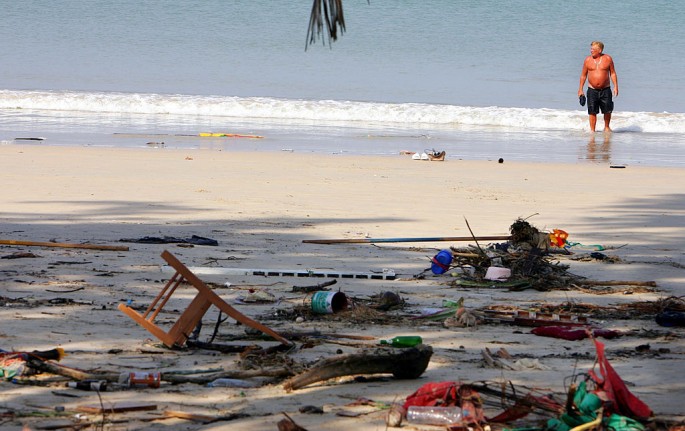A senior Chinese maritime official announced on Wednesday that China is building a tsunami alert center in South China Sea. However, Wang Hong, chief of the State Oceanic Administration, did not specify the exact location of the center.
The failure to provide that specific gives rise to speculation that the upcoming tsunami alert center is in one of the disputed islands. Announcements made by other Chinese officials at the closing rite of the yearly legislative session were also about facilities built on Xisha Islands, Yongxing and Nansha Islands.
Piers are being built on Xisha Island, said officials of Hainan Province, while lighthouses have started to operate since October on the Huayan and Chigua reefs of the Nansha Islands. There are now flights because of the newly built airport on Yongxing Island, reported Global Times.
Wang said that the tsunami alert center has started operations and has issued tsunami alerts to the global community, including countries in South China Sea with whom it has territorial disputes. He added that the alert center has the approval of the United Nations.
In a hint of the location of the center, Ling Shengli, secretary-general of the International Security Study Center at the China Foreign Affairs University, said, “Sovereignty is not only protected verbally but is now exercised and governed through our actions. This will effectively enhance our presence in the South China Sea.”
The Diplomat, in reviewing the announcement by Wang, pointed out that Beijing could be using the center as part of its expansionist agenda in the South China Sea. At the same time, it did not discount the possibility that it could really be helping avert catastrophic natural disasters with its timely warnings.
“But just as one should seek to call out China’s wrongful actions in the South China Sea, one should also be cautious about viewing every action Beijing takes as another sign of its ‘assertiveness,’ since that could forestall potentially cooperative endeavors. That requires a careful understanding of Beijing’s moves that go beyond the sensationalist headlines,” wrote The Diplomat.



























